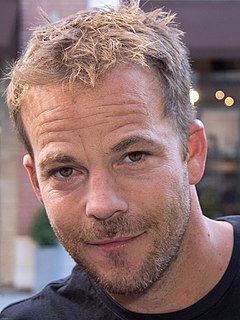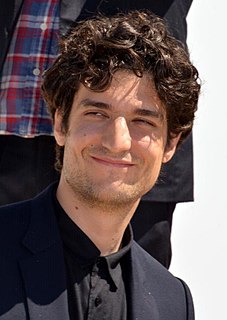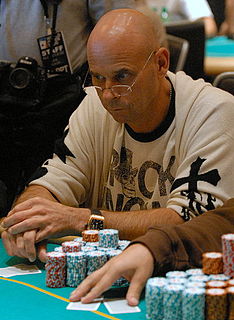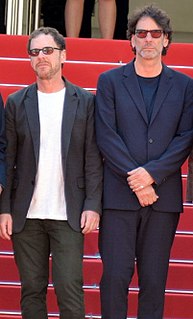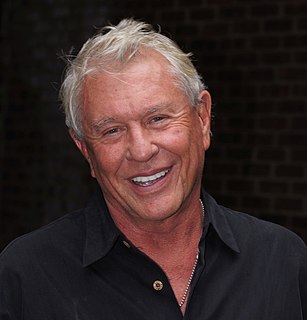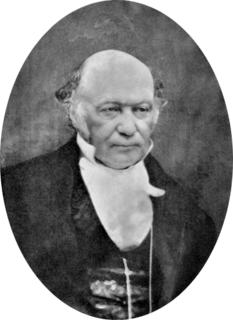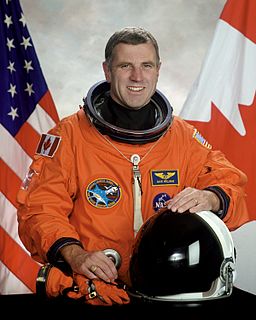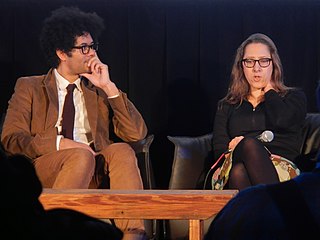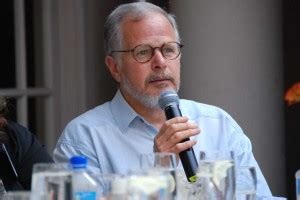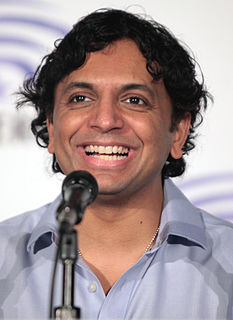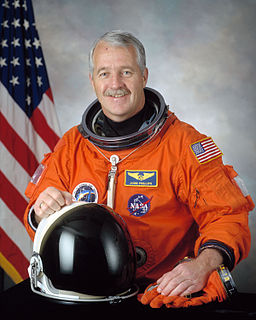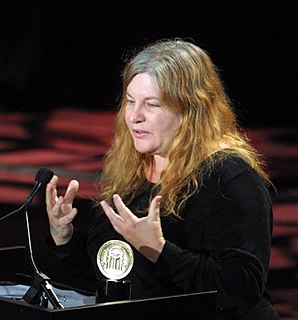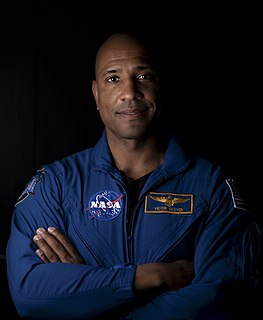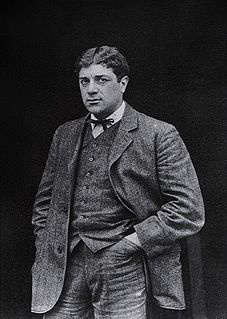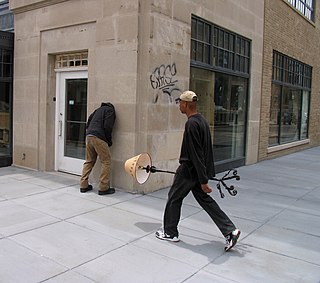Top 1200 Space Movie Quotes & Sayings - Page 3
Explore popular Space Movie quotes.
Last updated on November 14, 2024.
I created my own space, which was called the cave. It was a live/work space in downtown Los Angeles on 7th and Spring. When I lived there it was quite derelict. I got this massive space and half of it was my bedroom and the other half of it was the back room - no [natural] light, all fluorescent lights.
You can do a good movie, or you can do a good movie that can help people to feel the idea of what it is like to live. It can be good in an artificial way; it can be also a good movie for your own existence. You don't know that when you do a movie. You don't know if you succeeded, which is the most difficult thing.
I actually had four space flights altogether, three times on shuttles. My second flight was really unique for me because I was going back into space, first of all. The first one was like an appetizer at a nice dinner. You know, you want to go up and you want more. So, the second time I got into space, it was neat because I got to actually do two space walks.
We've been surrounded by images of space our whole lives, from the speculative images of science fiction to the inspirational visions of artists to the increasingly beautiful pictures made possible by complex technologies. But whilst we have an overwhelmingly vivid visual understanding of space, we have no sense of what space sounds like.
We are always in the space in-between... all the spaces where you are not actually at home. You haven't arrived yet.... This is where our mind is the most open. We are alert, we are sensitive, and destiny can happen. We do not have any barriers and we are vulnerable. Vulnerability is important. It means we are completely alive and this is an extremely important space. This is for me the space from which my work generates.
Looking, touching, material, place and form are all inseparable from the resulting work. It is difficult to say where one stops and another begins. The energy and space around a material are as important as the energy and space within. The weather--rain, sun, snow, hail, mist, calm--is that external space made visible. When I touch a rock, I am touching and working the space around it. It is not independent of its surroundings, and the way it sits tells how it came to be there.
There's a huge amount of pressure on every astronaut, because when you get right down to it, the experiments that are conducted on a space flight, or the satellites that are carried up, the work that's to be done, is important and expensive work, and you are up there for a week or two on a Space Shuttle flight. The country has invested a lot of money in you and your training, and the Space Shuttle and everything that's in it, and you have to do things correctly. You can't make a mistake during that week or two that you're in space.
Time is said to have only one dimension, and space to have three dimensions. ... The mathematical quaternion partakes of both these elements; in technical language it may be said to be 'time plus space', or 'space plus time': and in this sense it has, or at least involves a reference to, four dimensions. And how the One of Time, of Space the Three, Might in the Chain of Symbols girdled be.
On my second space walk, I was riding the Canadarm, heading down toward the payload bay of the space shuttle, and I could see the space shuttle highlighted against the Earth in the background, and there was this black, infinite, hostile void of space. I remember looking down at the Earth and thinking, "Beneath me is a 4½-billion-year-old planet, upon which the entire history of the human species has taken place." That was an incredibly humbling moment, and I had a bit of an epiphany.
In my earlier paintings, I wanted the space between the picture plane and the spectator to be active. It was in that space, paradoxically, the painting 'took place.' Then, little by little, and to some extent deliberately, I made it go the other way, opening up an interior space... so that there was a layered, shallow depth.
For it is only framed in space that beauty blooms. Only in space are events and objects and people unique and significant-and therefore beautiful. A tree has significance if one sees it against the empty face of sky. A note in music gains significance from the silences on either side. A candle flowers in the space of night. Even small and casual things take on significance if they are washed in space, like a few autumn grasses in one corner of an Oriental painting, the rest of the page bare.
What greatly attracted me - and it was the main line of advance of Cubism - was how to give material expression to this new space of which I had an inkling. So I began to paint chiefly still lifes, because in nature there is a tactile, I would almost say a manual space... that was the earliest Cubist painting - the quest for space.
I tell everybody on the first day of making a movie that if anyone's here to further their career, they should leave. I'm gonna make the movie in such a way that we won't have a career when this movie comes out. Because the people who hold the moneybags are not going to want to share any of that money with us to make the next movie!
And the fear of not being is born in that space. But in meditation, when this is understood, the mind can enter into a dimension of space where action is inaction. We do not know what love is, for in the space made by thought around itself as the me, love is the conflict of the me and the not-me. This conflict, this torture, is not love. Thought is the very denial of love, and it cannot enter into that space where the me is not. In that space is the benediction which man seeks and cannot find. He seeks it within the frontiers of thought, and thought destroys the ecstasy of this benediction.

